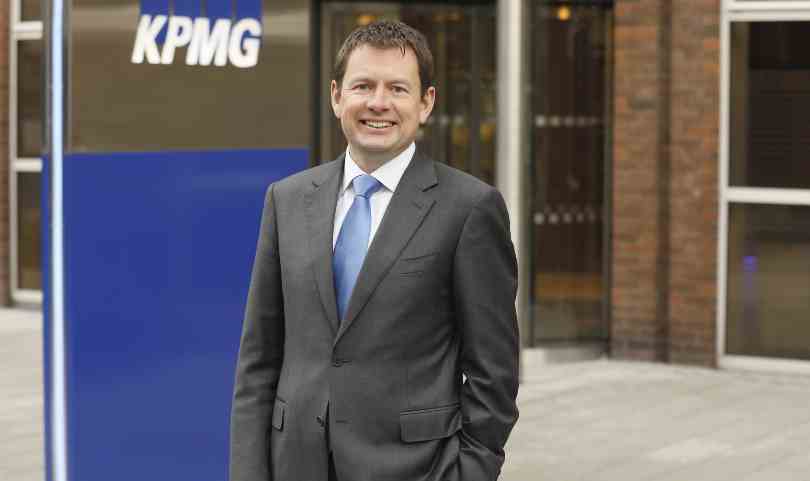Business services firm KPMG has created a new division to deal with the challenges of global warming and climate change faced by its clients and by Irish business and the public sector.
The firm says that its new Sustainable Futures division will support Irish businesses and public sector organisations in meeting the climate change agenda and delivering on sustainability objectives.
KPMG describes its new offering as a dedicated cross-functional division to assist clients navigate the climate change agenda, implement wider sustainability objectives, and address environmental, social and governance regulations.
Partner and division head Russell Smyth said: “There are many positives that decarbonisation and sustainability can bring to businesses, from encouraging longer-term thinking, identifying market differentiation and revenue opportunities, through to attracting the right talent in an increasingly millennial-dominated workforce.
“KPMG Sustainable Futures will help Irish companies navigate this new normal. The division brings together a broad range of disciplines into a single team, from sustainability professionals, decarbonisation strategists, green financiers, economists and low carbon engineers, allowing us to address the full spectrum of business needs.”
A new KPMG report on the sustainability issue says there are four clear business cases that underline the need for companies to pursue a sustainable climate-change agenda.
• Long-term oriented companies are more successful
According to KPMG’s analysis, companies that look ahead to five or more years experience higher revenue, earnings and market capitalisation growth. Long-term oriented companies showed 130% revenue growth in the period 2003-2017, compared to 77% among short-term oriented companies.
• Climate change: revenue growth and cost reduction
Sustainable business practices offers new revenue opportunities due to demand for low emission and sustainable products and services. For example, the value of organic retail sales in Ireland is €210m and in the renewable energy sector, the share of renewable electricity in 2019 was 33.2%.
• A strong agenda will release multiple new sources of finance
Upcoming sustainable finance regulation from the EU is prompting investors to support the move to a low/no carbon economy and to climate-proof their portfolios. For example, in 2019, Green Bond issues grew by more than 50%, reaching a quarter of a trillion US dollars, and is expected to reach $1 trillion in the early part of the decade. There was also a 15% growth rate of value of assets invested in funds with an ESG component globally in the first half of 2019.
• Companies with strong ESG principles attract and retain talent
Nearly half of employees would accept smaller salaries to work for companies that prioritise sustainability. When choosing a company to work for, more than 70% of people are more likely to work for a company that has a strong green footprint.
Managing partner Seamus Hand (pictured) added: “It is clear that sustainability will be one of the essential focus areas for most business sectors during 2020, and we look forward to partnering with our clients to help them set and meet their sustainability goals.
“We recently announced plans to recruit 800 people across our business in 2020, and the establishment of KPMG Sustainable Futures is a really exciting and critical part of that strategy.”








